The Secret Behind Authentic Mexican Foods: Spices That Tell a Flavorful Story
When it comes to authentic Mexican foods, one thing is certain: the magic lies in the spices. Whether it’s the smoky warmth of chipotle or the floral kick of coriander, these ingredients don’t just season the food — they define it. But how do you know which spices to use, where to buy them, and how to store them for maximum flavor? In this article, we’ll explore the colorful spice traditions behind real Mexican cuisine, complete with practical tips, visual guides, and an expert buying guide to help you recreate those mouthwatering dishes at home.
Table of Contents
- A Historical Spice Palette: The Roots of Mexican Flavors
- Spice Essentials in Authentic Mexican Cuisine
- Pro Tips for Using Mexican Spices Like a Local Chef
- Buying Guide: Where to Find the Best Authentic Ingredients
- How to Pair Mexican Spices with Everyday Ingredients
- Final Thoughts: Spice Up Your Kitchen the Authentic Way
A Historical Spice Palette: The Roots of Mexican Flavors
Mexico's spice legacy begins long before the first taco truck hit the streets of Oaxaca. Before the Spanish conquest, indigenous peoples like the Aztecs and Mayans already had a rich culinary heritage built around native plants, chilies, herbs, and seeds. These ancient civilizations used natural resources not only for flavor but also for medicinal and ceremonial purposes.
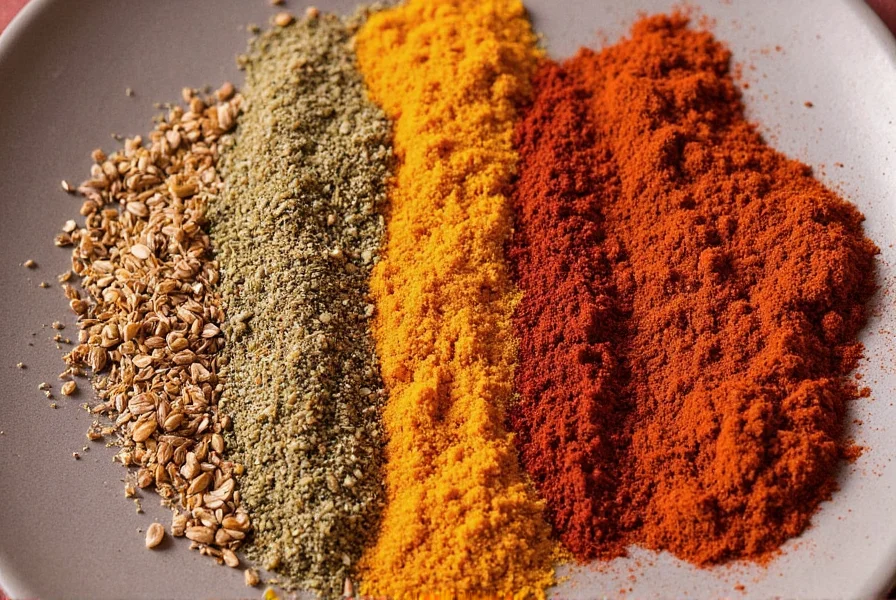
The arrival of the Spanish brought European ingredients such as cumin and black pepper, which were eventually woven into traditional recipes. Today, authentic Mexican foods reflect a unique fusion of pre-Hispanic and colonial influences — a flavor bridge between two worlds.
Spice Essentials in Authentic Mexican Cuisine
What makes a dish unmistakably Mexican? It’s often the combination of just a few key spices that transform simple ingredients into something extraordinary. Here are the most essential players:
| Spice | Flavor Profile | Common Uses | Best Paired With |
|---|---|---|---|
| Ancho Chili Powder | Sweet, smoky, slightly fruity | Mole sauces, enchiladas | Chocolate, cinnamon |
| Guajillo Chili | Berry-like, tangy | Salsas, marinades | Lime, garlic |
| Epazote | Earthy, citrusy, bold | Bean dishes, soups | Corn tortillas, avocado |
| Cumin | Warm, nutty, earthy | Tacos al pastor, chorizo | Pork, rice, lime |
| Coriander | Citrusy, floral | Salsas, stews | Cilantro, tomatoes |
A Closer Look at Each Spice
Ancho Chili Powder
This dried poblano chili ground into powder offers depth without overwhelming heat. It’s perfect for slow-cooked sauces and adds complexity to moles and stews.
Guajillo Chili
With its bright red hue and tart undertones, guajillo brings balance to salsas and adobo rubs. Soak it in hot water before blending for best results.
Epazote
Although not technically a spice, epazote is a must-have herb in many Mexican kitchens. Known for its digestive properties, it enhances bean dishes and tamales with a bold, almost minty flavor.
Cumin
While common across global cuisines, cumin plays a starring role in Mexican meats like chorizo and al pastor. Its earthiness helps round out spicier elements.
Coriander
Used whole or ground, coriander adds brightness to salsas and meat rubs. It pairs beautifully with cilantro and citrus, making it ideal for fresh-tasting dishes.
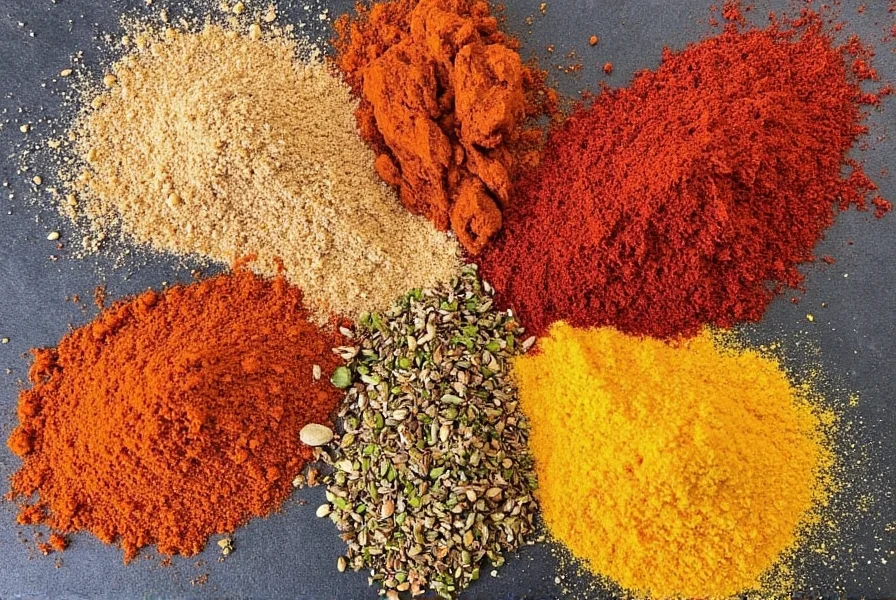
Pro Tips for Using Mexican Spices Like a Local Chef
You’ve got your spices — now what? Here are some tried-and-true methods used by chefs and home cooks alike to make your dishes sing with authenticity:
- Toast Your Spices: Warming spices in a dry pan unlocks their essential oils and boosts flavor dramatically.
- Soak Dried Chilies: Rehydrate guajillo, ancho, and pasilla chilies in hot water before grinding for sauces or pastes.
- Use Freshly Ground: Whole seeds retain flavor longer than pre-ground powders. Invest in a small grinder for best results.
- Balance Heat and Sweetness: If a sauce feels too spicy, add a pinch of sugar or chocolate to mellow it out — a classic trick in mole.
- Don’t Overdo It: Authentic doesn’t mean overwhelmingly spicy. Let each spice shine without masking others.
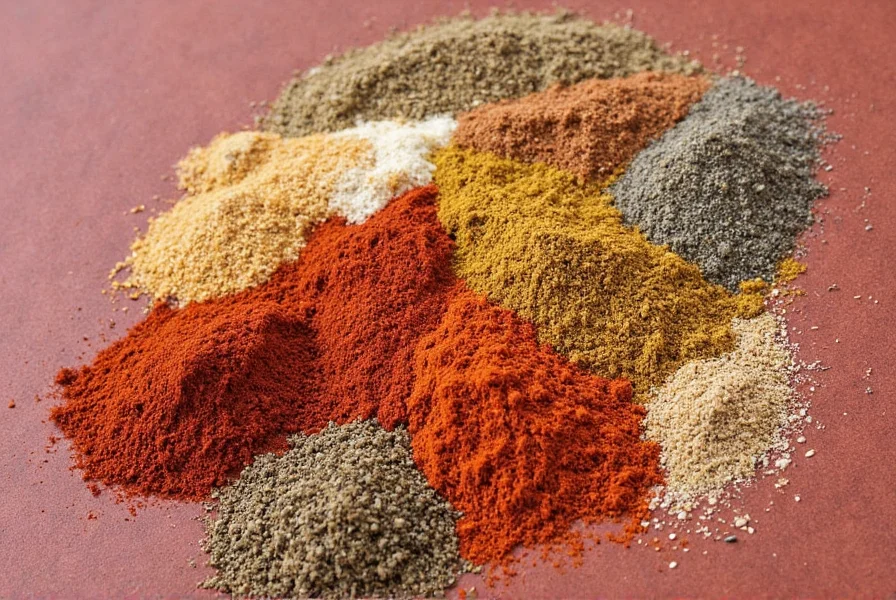
Buying Guide: Where to Find the Best Authentic Ingredients
If you’re serious about recreating authentic Mexican foods at home, sourcing the right ingredients is crucial. Here’s a breakdown of top products that deliver genuine flavor and quality:
| Product | Features | Advantages | Use Cases | Target Audience | Occasions |
|---|---|---|---|---|---|
| La Costeña Guajillo Chilies | Dried, whole, air-sealed pouch | Consistent quality, strong aroma, easy to rehydrate | Homemade salsa, marinades | Home cooks, amateur chefs | Weeknight dinners, weekend cooking |
| El Paso Ancho Chile Powder | Organic, fine grind, no additives | Rich color, deep flavor, shelf-stable | Mole sauces, rubs | Experienced cooks, grilling enthusiasts | Special occasions, holiday meals |
| Ranchero Cumin Seeds | Whole, non-irradiated, sustainably sourced | Vibrant aroma when toasted, retains freshness | Meat seasoning, stews | Chefs, spice lovers | Dinner parties, date nights |
| Mrs. Taste Epazote Leaves | Freeze-dried, ready-to-use form | Retains potency, no need to prep | Bean dishes, soups | Busy professionals, beginners | Quick meals, weekday lunches |
| Amigos Coriander (Cilantro Seed) | Freshly harvested, sealed for aroma | Floral notes, clean taste | Salsas, tacos, marinades | Hobbyists, foodies | Outdoor grilling, picnics |
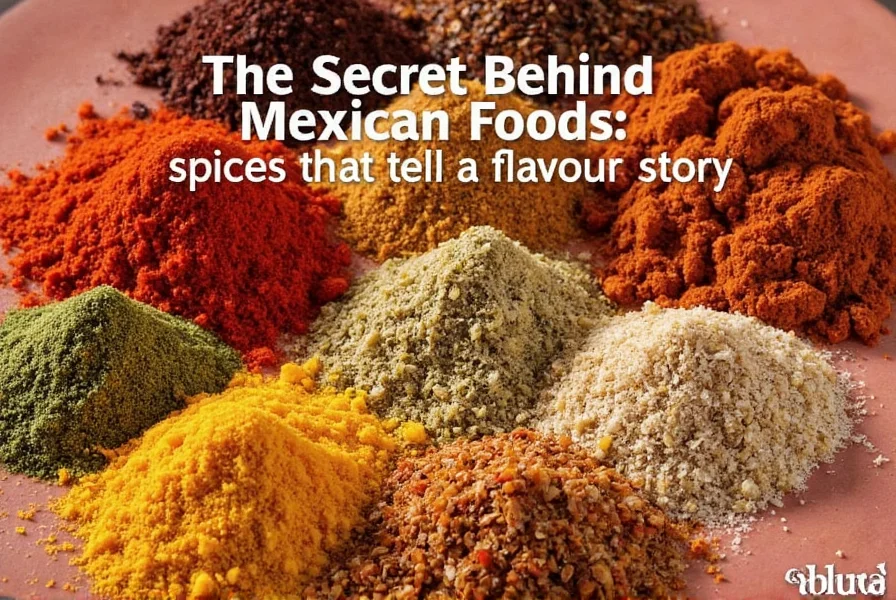
How to Pair Mexican Spices with Everyday Ingredients
One of the joys of Mexican cooking is how versatile and accessible the ingredients are. You don’t need rare produce to create authentic flavors — just a bit of knowledge on how to pair spices with everyday items:
- Tomatoes + Cumin + Garlic: This trio is the base of countless salsas and sauces. Toasted cumin lifts the acidity of tomatoes while garlic binds it all together.
- Chicken + Guajillo + Lime: A simple chicken breast marinated in guajillo paste, lime juice, and salt becomes deeply flavorful and perfect for tacos or salads.
- Beans + Epazote + Onion: Simmer pinto beans with epazote and onion until tender. The result is a hearty, aromatic side dish that complements any meal.
- Chocolate + Ancho + Cinnamon: The holy trinity of mole negro. Dark chocolate, ancho chili, and cinnamon combine to create a sauce that's rich, sweet, and slightly spicy.
- Eggs + Coriander + Jalapeño: Scramble eggs with finely chopped jalapeño and a dash of ground coriander for a breakfast twist that’s anything but basic.
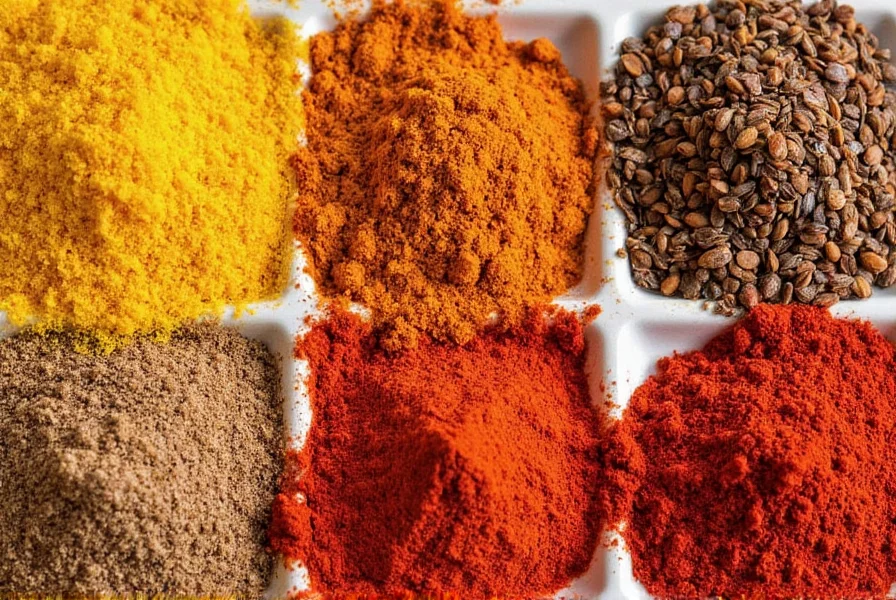
Final Thoughts: Spice Up Your Kitchen the Authentic Way
Authentic Mexican foods are more than just a meal — they’re a celebration of culture, history, and tradition. At the heart of this rich culinary heritage lie the spices that have been passed down through generations. Whether you're preparing a humble bowl of beans or a complex mole sauce, using the right ingredients can take your cooking from good to unforgettable.
Remember: the secret to mastering authentic Mexican flavors isn’t just in the recipe — it’s in the details. From toasting your cumin to choosing the freshest epazote, every step counts. And with the right tools in your kitchen, like high-quality spices and a little know-how, you can bring the spirit of Mexico to your table anytime.
So go ahead — open that bag of ancho chilies, grind those coriander seeds, and let the aromas transport you south of the border. Because when it comes to authentic Mexican foods, one thing is clear: the spice of life truly is in the details.
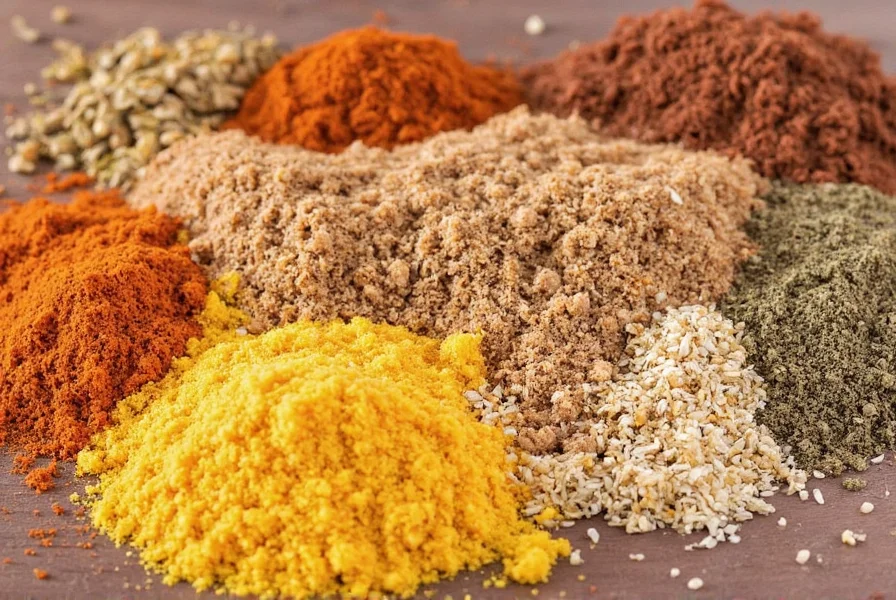

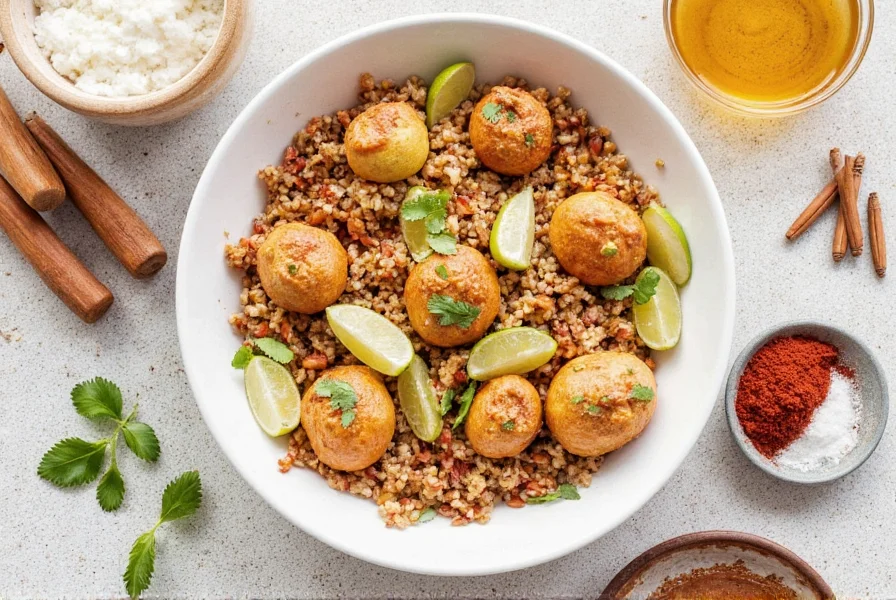









 浙公网安备
33010002000092号
浙公网安备
33010002000092号 浙B2-20120091-4
浙B2-20120091-4